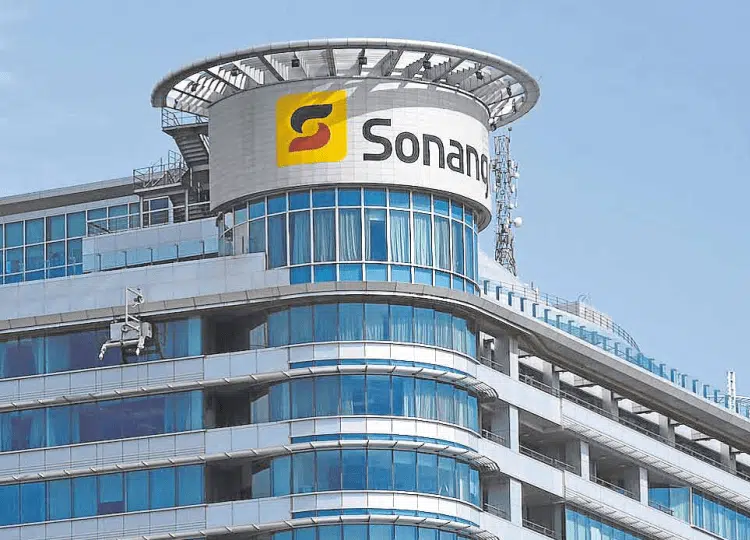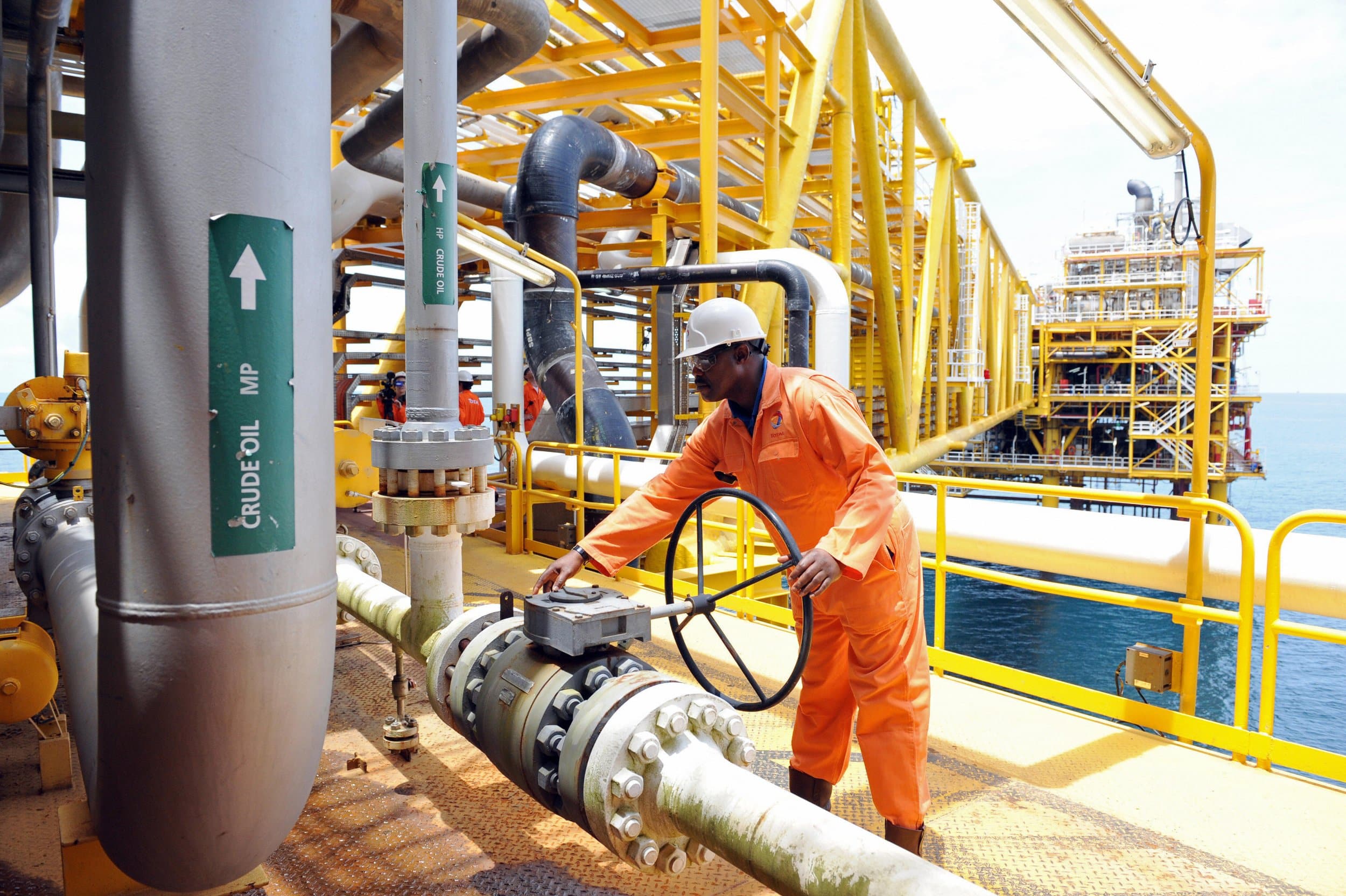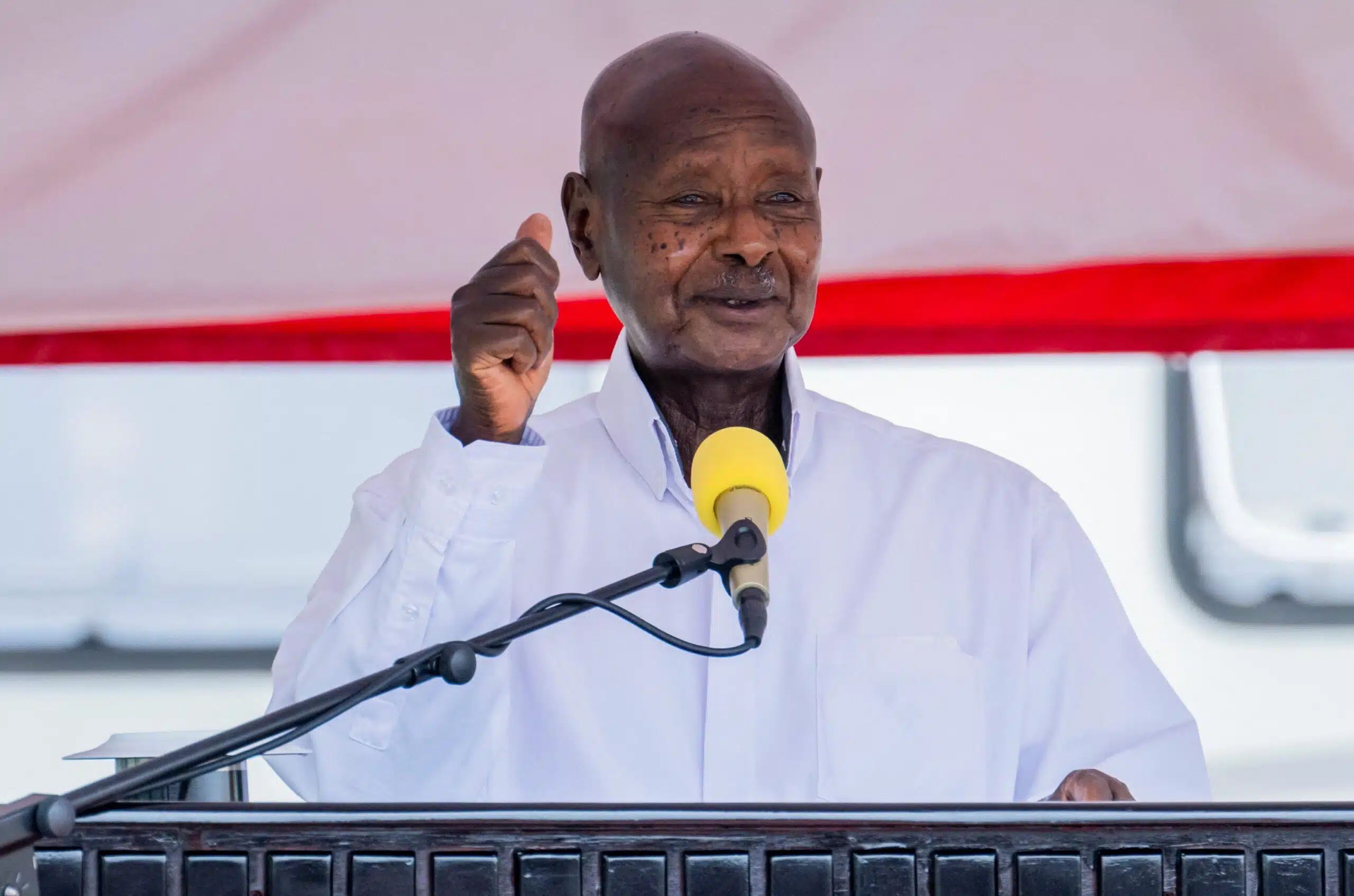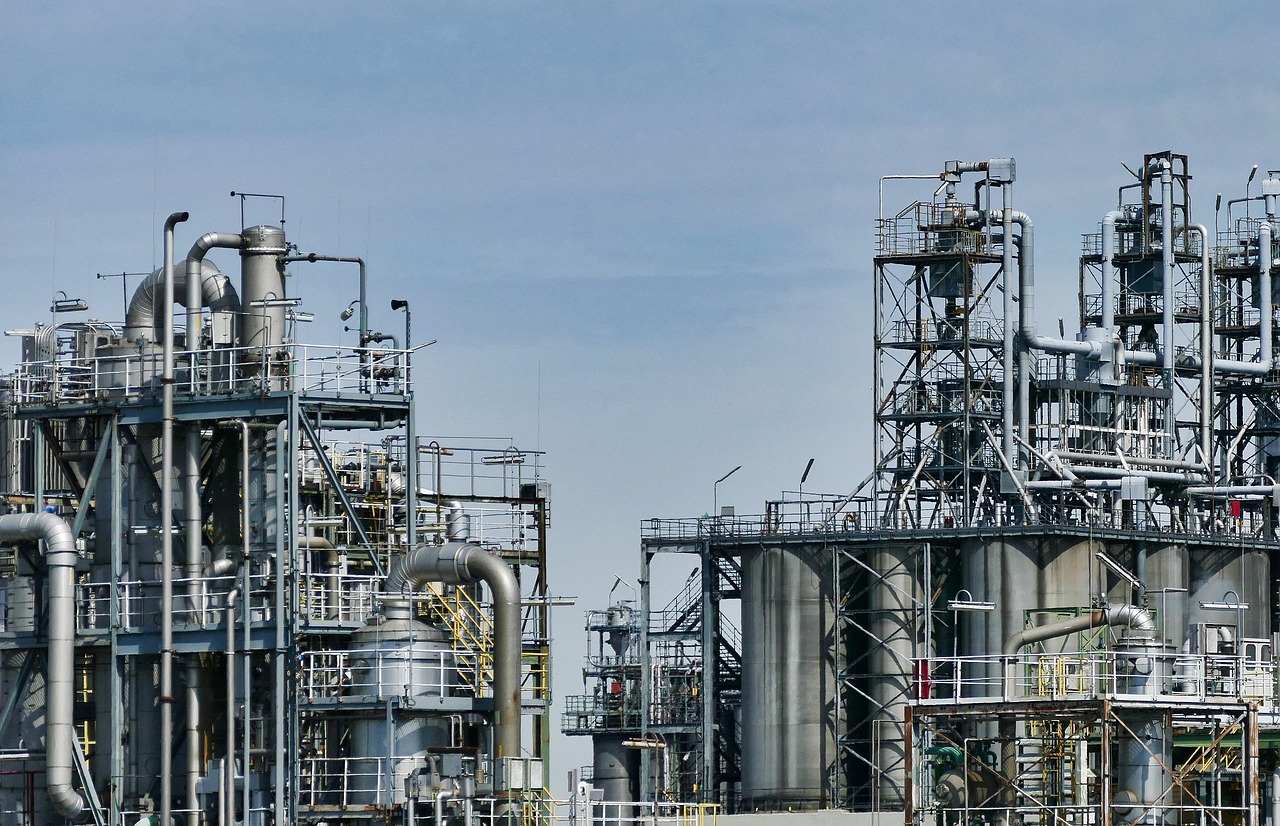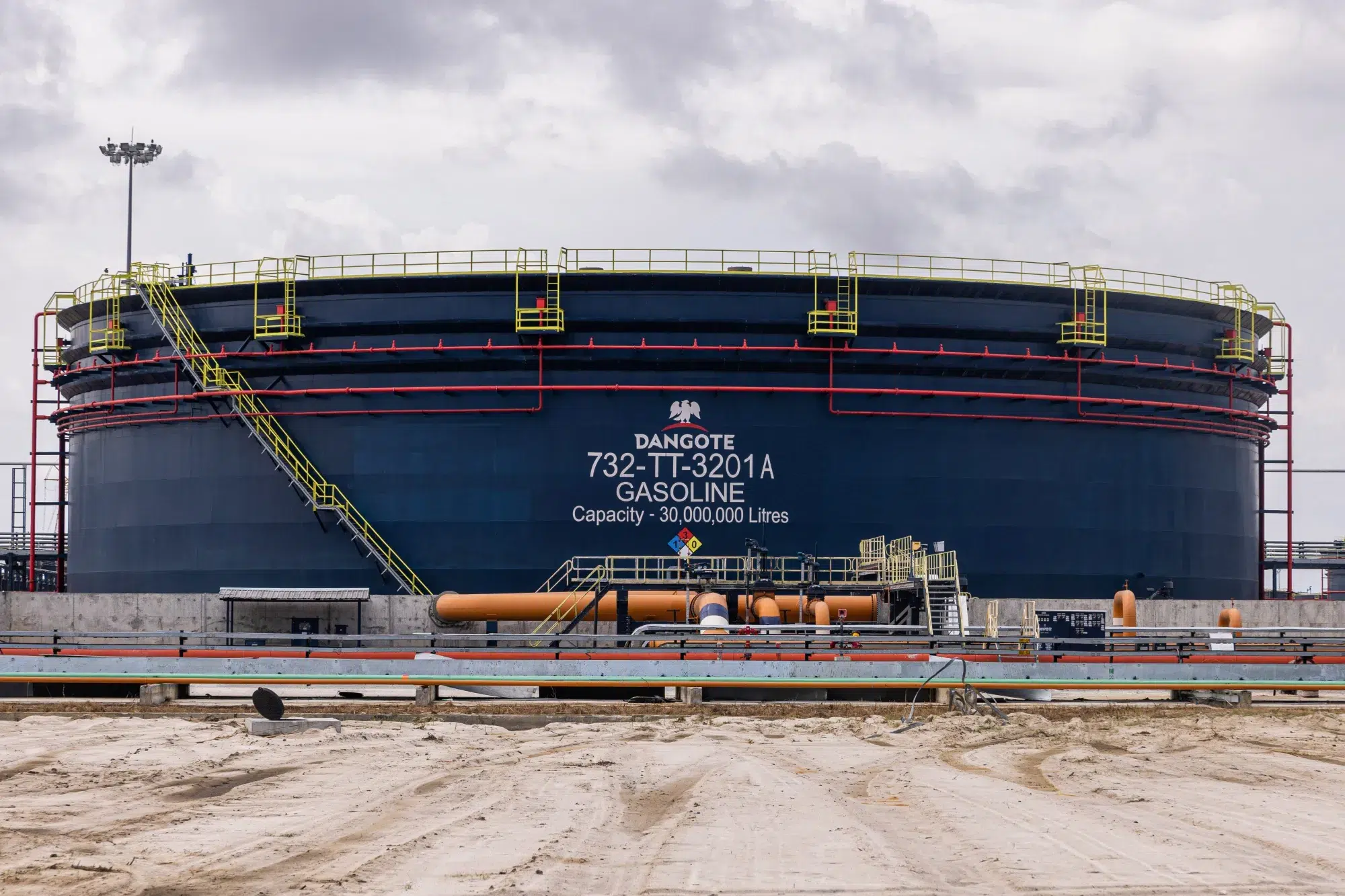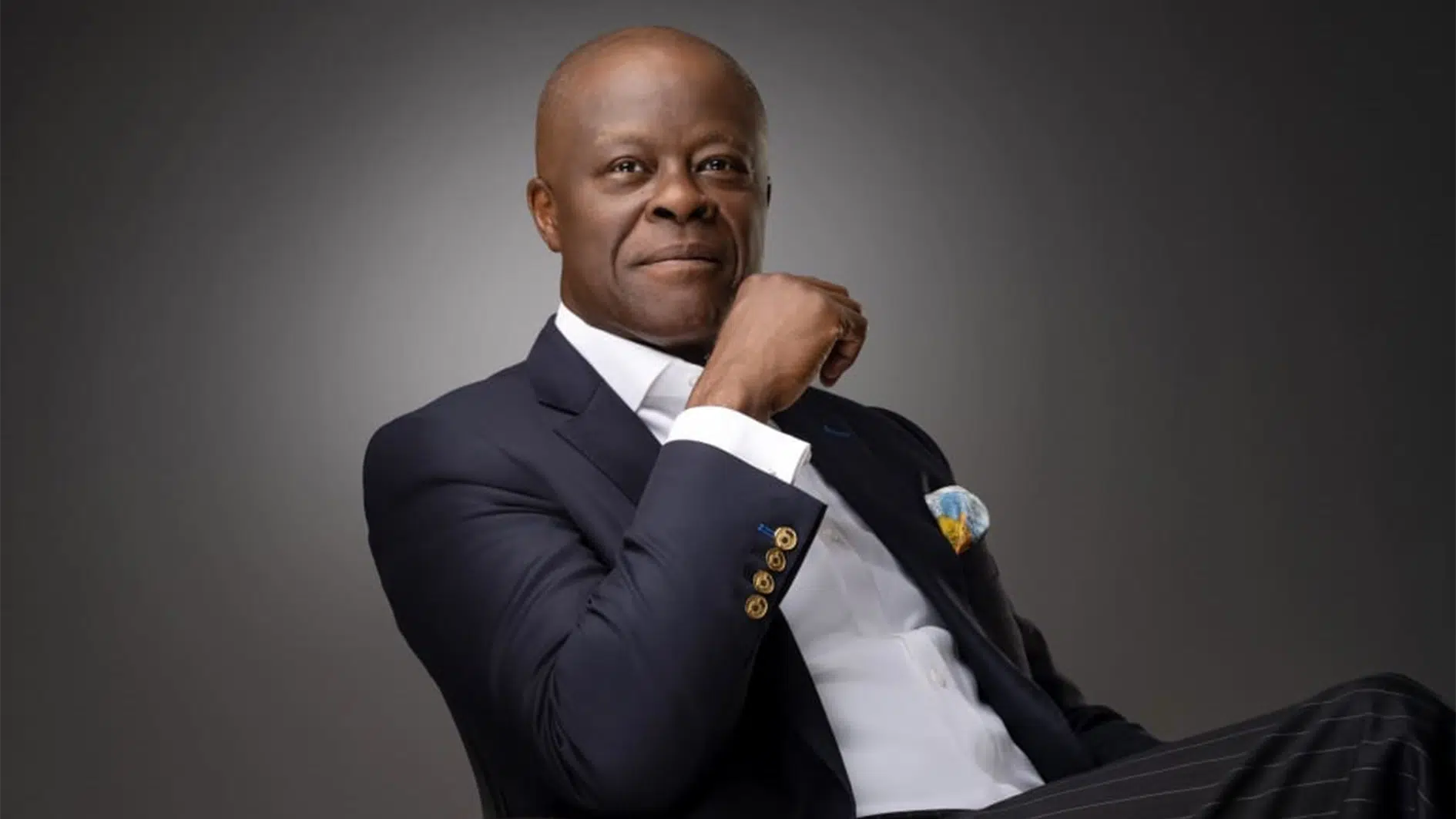Indian Oil Corporation (IOC) has turned to Nigerian and Middle Eastern crude supplies, skipping United States oil in its latest tender, a new report shows.
The state refiner purchased two million barrels of Nigerian grades and one million barrels of Abu Dhabi crude, citing high landed costs for American cargoes.
Trade sources said IOC bought one million barrels each of Nigeria’s Agbami and Usan grades from French oil major TotalEnergies.
In addition, the refiner secured one million barrels of Abu Dhabi’s Das crude from Shell for delivery to Indian ports between late October and early November.
The Nigerian barrels were bought on a free on board basis, meaning IOC covers freight and insurance.
The Abu Dhabi cargo, however, was purchased on a delivered basis, ensuring direct shipment.
A source close to the deal noted that Nigerian crude remains attractive because of its light quality high yields, and quicker sailing times to Asia compared with shipments from the United States.
West African barrels are also favoured when freight rates rise, as shorter journeys reduce overall costs for refiners.
India has traditionally relied on West Africa, the Middle East, and the United States to meet with its crude oil needs.
But in recent months, refiners have adjusted their buying patterns to reflect shifting price spreads and geopolitical pressures.
India avoids US import costs
Moreover, IOC had previously bought five million barrels of US West Texas Intermediate in a tender last week.
But rising costs have reduced the appeal of American grades, even with the Brent WTI price spread at about $4 per barrel.
India’s earlier purchases of US crude were encouraged as a way of reducing the country’s trade surplus with Washington.
The United Stateshad doubled tariffs on Indian goods to 50% last year, pointing to New Delhi’s continued imports of Russian oil.
American crude was therefore seen as a tool to balance trade relations, but the economics have now shifted.
The high landed costs make it harder for state refiners to justify large scale purchases, especially when African and Middle Eastern grades are cheaper and easier to ship.
For India, which exports more than 80% of its crude requirements, costs remains the most critical factor.
Officials have often stated that the country will continue to buy from any supplier that offers favourable terms, regardless of political pressure.
In short, the IOC’s latest tender shows how Nigerian and Middle Eastern barrels are filling the gap left by expensive US cargoes.
The decision reflects the balancing act facing Indian refiners as they manage energy security, trade relations, and the impact of global tariffs.



